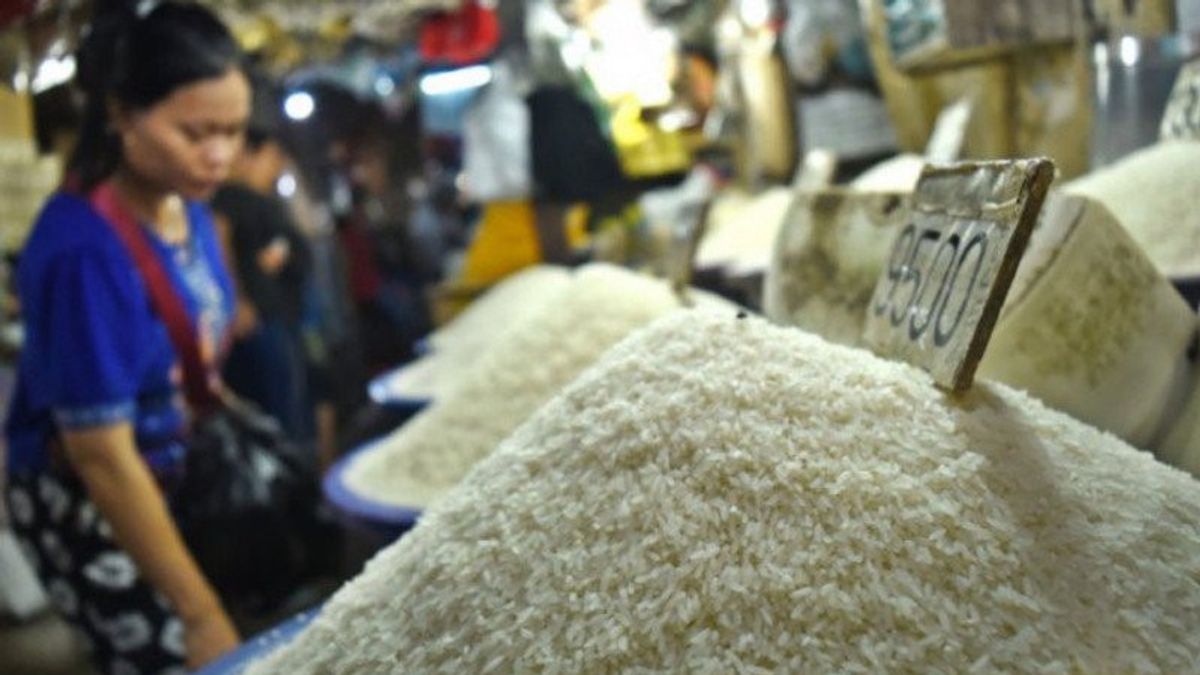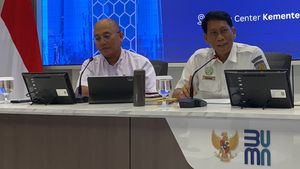JAKARTA - Agricultural expert from the Bogor Agricultural Institute (IPB University) Dwi Andreas Santosa, assesses that the government's efforts to reduce food inflation below 5 percent still make sense and can be done.
"I think so," said Dwi, Thursday, September 22.
According to him, the increase in rice prices will indeed be the main factor in increasing inflation. However, said Dwi, as rice prices increase, other food commodity prices tend to show a downward trend.
"Because now, what will play a very important role in inflation is of course the price of rice. This will increase, but other food prices have a downward trend. So I think the increase in rice prices will be followed by a downward trend in several other prices," he said.
Dwi said the increase in fuel prices was indeed an important factor that raised inflation. But in the agricultural sector, the increase in subsidized fuel prices a few moments ago did not have a significant impact.
"Say for the world of agriculture, what are these fuels used for and how much is the contribution? So if it is calculated in such detail, maybe the contribution is not that big too," he concluded.
Previously, Coordinating Minister for Economic Affairs Airlangga Hartarto said the government was continuing to strive to maintain inflation caused by rising fuel prices and also food inflation.
"Inflation is expected to increase in September, and various experiences in fuel increases, inflation will tend to decrease in the next 3-4 months. Of course, with various programs and the provision of aid subsidies for the transportation sector, with BTT funds and 2 percent of government DTUs optimistic that food inflation can be reduced below 5 percent," said Airlangga.
The chairman of the Golkar Party added that the government continues to make extra efforts to suppress food inflation in the range of 3-5 percent.
"We will continue to suppress volatile food inflation in order to achieve an initial commitment to the High Level Meeting of the Central Inflation Control Team (HLM TPIP) last March, which was a target of 3-5 percent," said Airlangga.
"If viewed regionally from 90 IHK cities, there are 66 IHK cities whose inflation realization is above the national level. And cooperation between regions to suppress inflation will continue to be encouraged to be more effective in maintaining price stability in the community," he added.
The English, Chinese, Japanese, Arabic, and French versions are automatically generated by the AI. So there may still be inaccuracies in translating, please always see Indonesian as our main language. (system supported by DigitalSiber.id)













